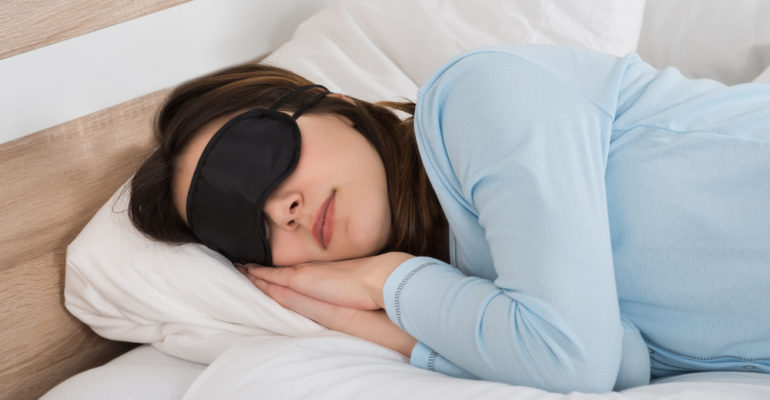Sleeping… isn’t it simple? You get out of bed in the morning, stay active for approximately 16 hours, then return to bed and sleep. Simple.
If a child has trouble sleeping, we tell them to count sheep, offer them a glass of warm milk, or cool down their room. These techniques can help them to relax and fall asleep more easily.
But what does an adult do when sleep is scarce? What should we do when sleep is scarce? Sleep can be especially difficult for those suffering from mental illness, as symptoms or medication side effects can sometimes interfere.
1. Be consistent – Teach your body to sleep by going to bed and waking up at the same time every day, including weekends. You can create your own sleep rituals by stretching, breathing exercises, meditation, or simply sitting quietly with a cup of caffeine-free tea.
2. Sleep when you’re tired – Don’t spend too much time lying awake in bed; instead, go to bed when you’re tired.
3. Get up and try again – If you haven’t fallen asleep within half an hour, get up and do something relaxing until you do. Sit with the lights turned down and read something dull (preferably in print not on a screen). Avoid anything that is overly interesting or stimulating, as this may cause you to wake up even more.
4. Avoid caffeine, nicotine, and alcohol – These substances should be avoided at least 4-6 hours before going to bed. They can act as stimulants, keeping you awake and disrupting your sleep quality.
5. Bed is for sleeping – Use your bed only for what it was designed for, so your body associates bed with sleep. Your body may not learn this connection if you watch TV, eat, read, or work on your laptop. Also, leave your phone outside the bedroom.
6. No naps – Avoid taking naps during the day to ensure you are tired before going to bed. If you can’t get through the day, take a nap that is less than an hour long and before 3 p.m.
7. Bath time – A bath 1-2 hours before bedtime can be beneficial. The bath raises your body temperature, and as your temperature drops, you begin to feel sleepy.
8. No checking the time – It’s natural, but try not to look at the time. Checking the time awakens you and reinforces negative thoughts like ‘oh no, it’s so late, I’ll never get to sleep.’
9. Keep a sleep diary or use an app to track your sleeping patterns. Depending on the cause of your insomnia, your doctor or a psychologist can use this information to gain a better understanding of what is going on, or they can refer you to a sleep specialist for further evaluation.
10. Exercise – Regular exercise is beneficial to both physical and mental health, but it is also beneficial to sleep. Burning energy during the day can help you avoid feeling agitated in the evening. Avoid strenuous exercise in the four hours before bedtime.
Remember that your sleeping pattern can be a good indicator of how you are feeling physically and mentally – a barometer or warning sign that other symptoms or unhealthy lifestyle choices should be taken into account.

